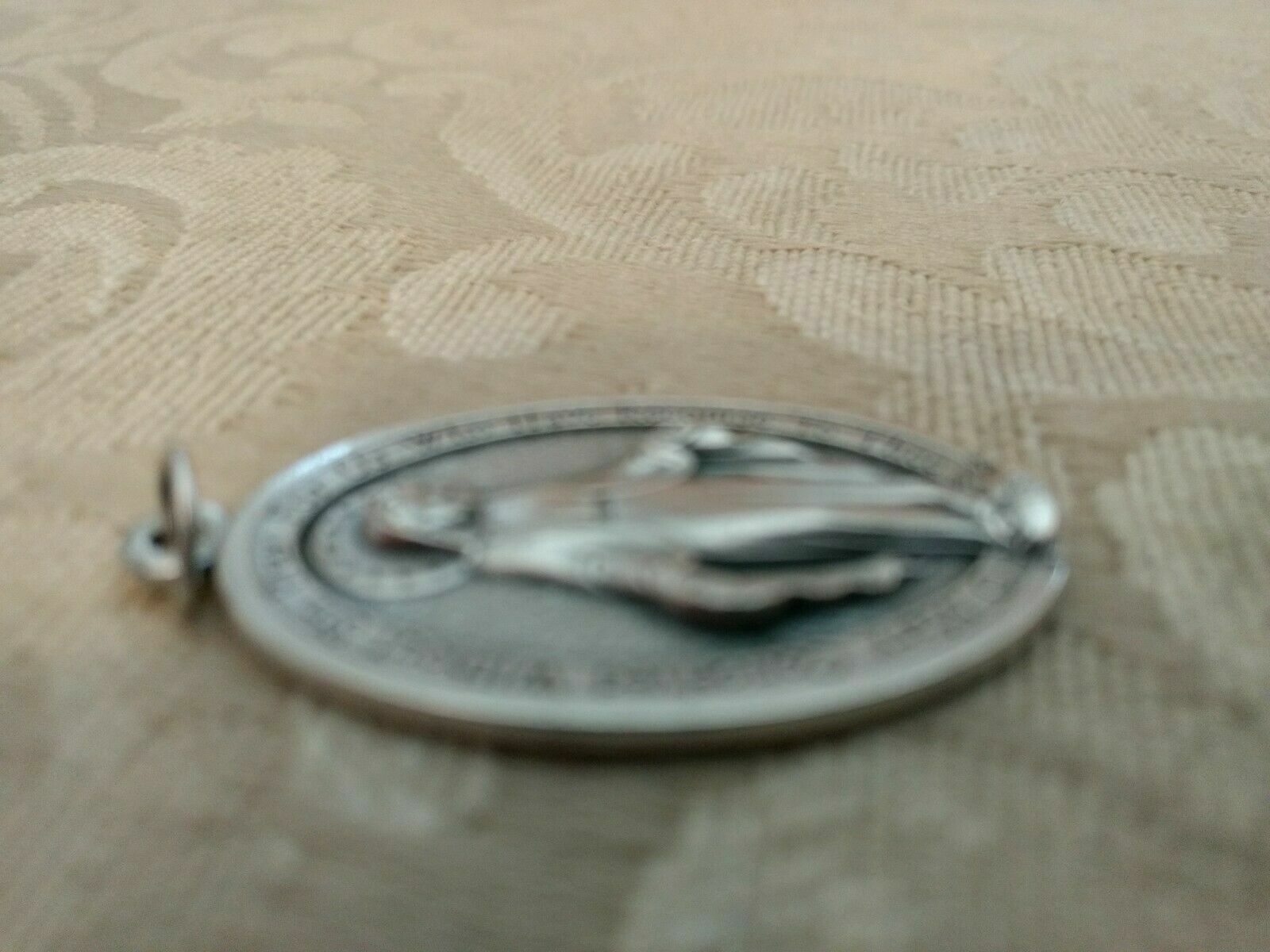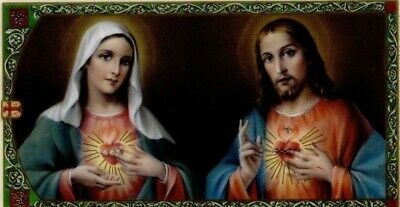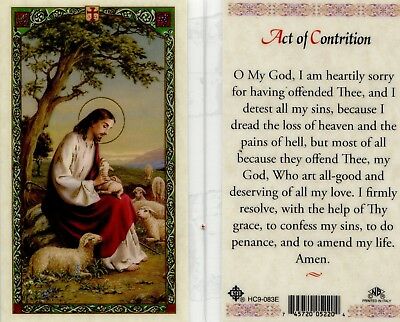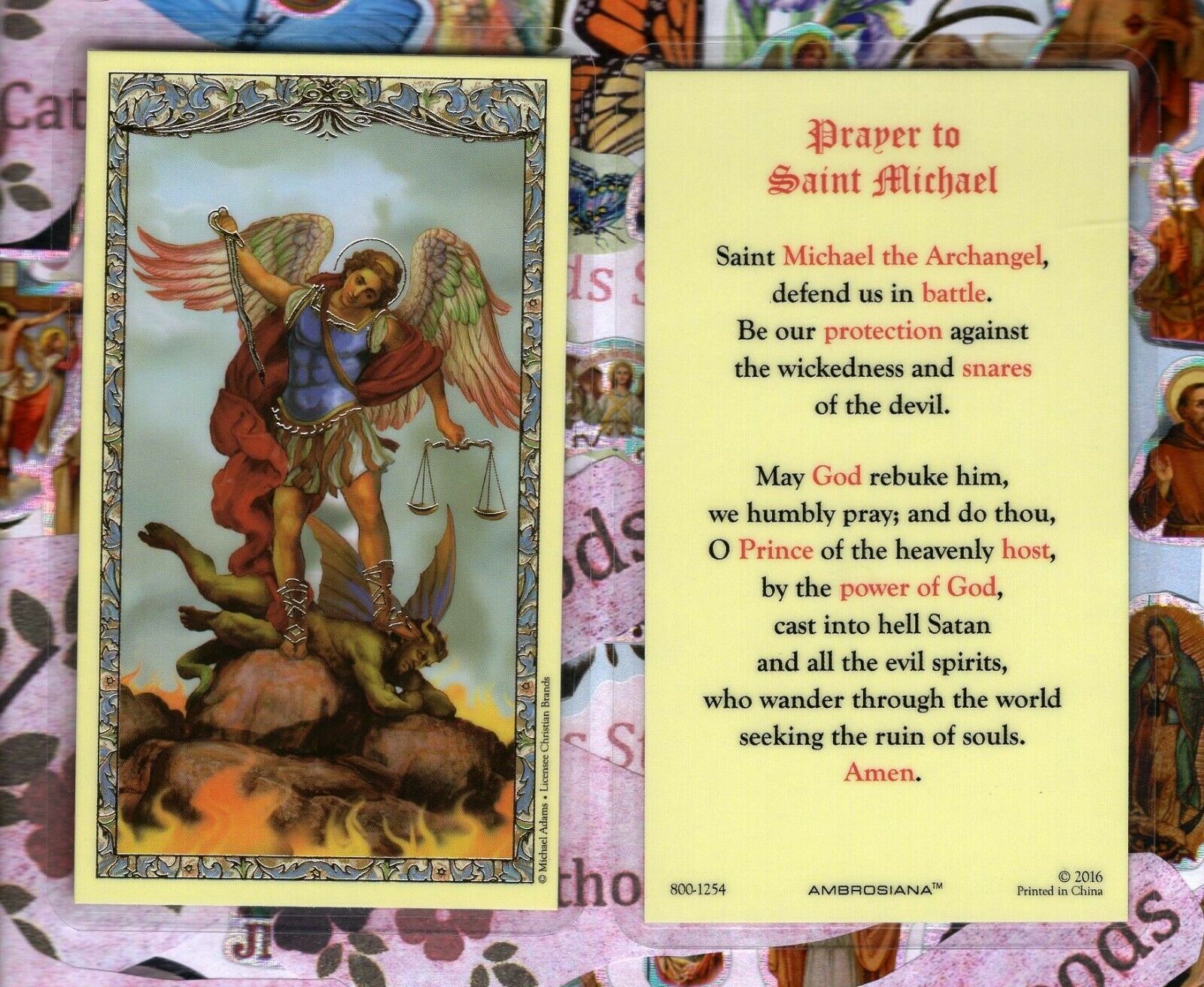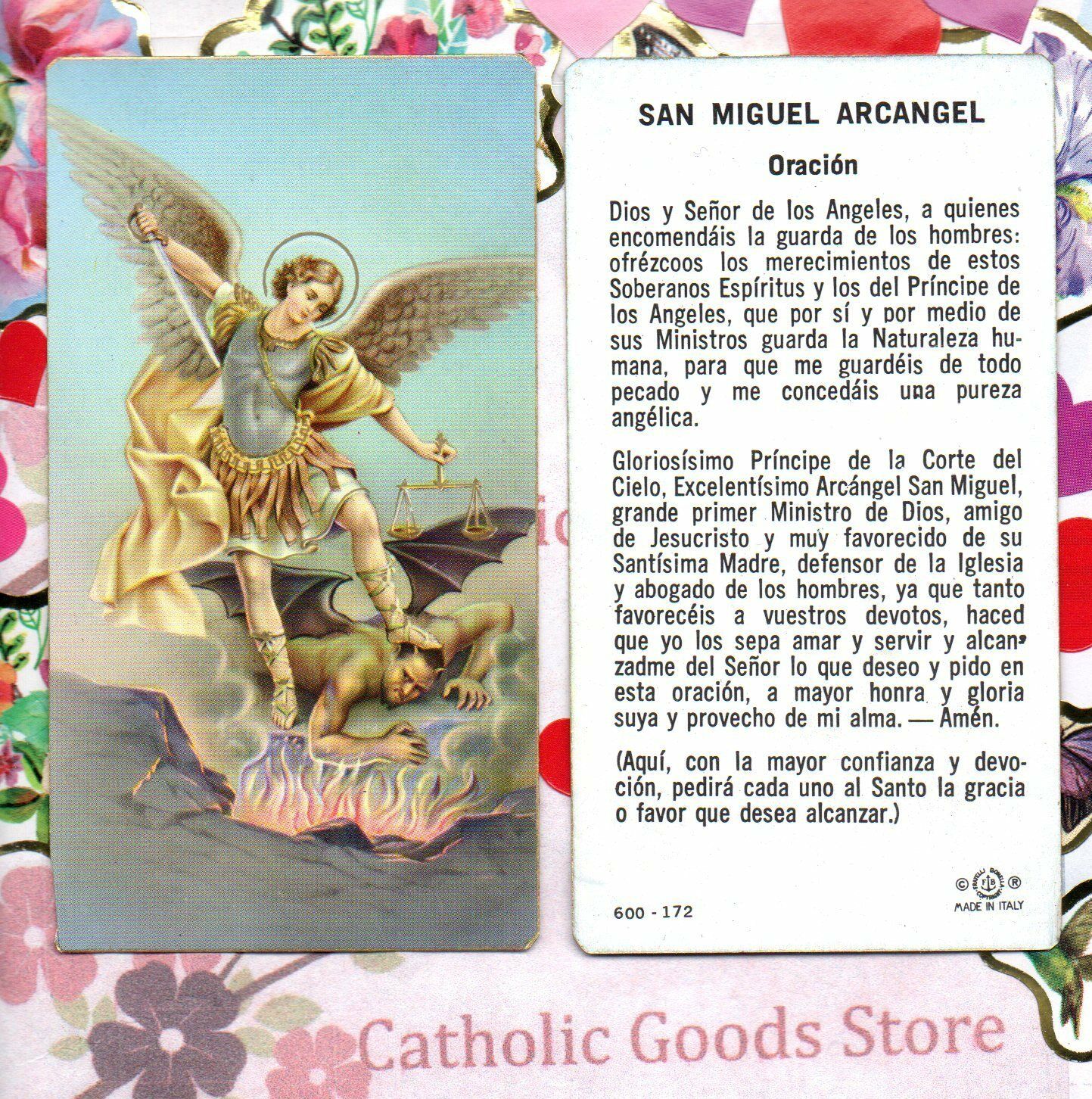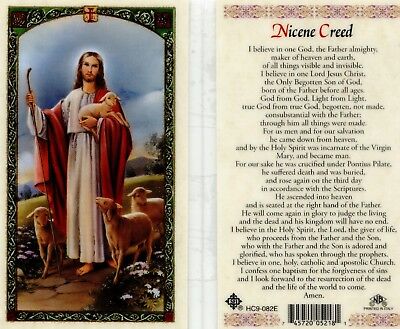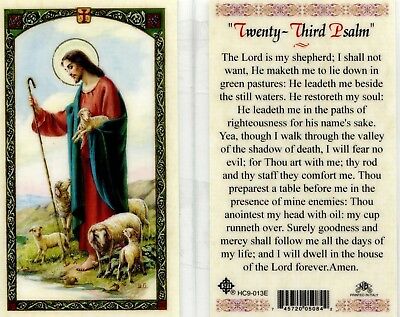-40%
Holy Card of Saint Thomas Becket Plus a Large 1 3/4" Miraculous Medal
$ 3.03
- Description
- Size Guide
Description
Laminated Holy Card of Saint Thomas Becket Plus a Large 1 3/4" silver Oxidized Miraculous Medal. Condition is New. Shipped with USPS First Class Package.Plus you will get a brand new, large and beautifully detailed Miraculous Medal that is 1 3/4". This large version of one of the most popular medals is even more stunning than the others. The large size of this piece brings out every detail of its beautiful design. Two sided silver oxidized, and made in Italy. Measures 1 3/4" tall by 1" wide. Die-cast in Italy for exceptional detail, you will enjoy the beauty of Our Lady's medal made by the finest craftsmen in the world. Attached jump ring is included, and it is silver oxidized - that wonderful finish that only the Italians have perfected. This medal is also known as the Medal of the Immaculate Conception, created by St. Catherine Laboure following a vision of the Blessed Virgin Mary. This medal is believed to bring special intercessions on behalf of the Blessed Virgin Mary if worn with faith and devotion at the hour of death.
Saint Thomas Becket, also known as Saint Thomas of Canterbury, Thomas of London and later Thomas à Becket, was Archbishop of Canterbury from 1162 until his murder in 1170. He is venerated as a saint and martyr by both the Catholic Church and the Anglican Communion. He engaged in conflict with Henry II, King of England, over the rights and privileges of the Church and was murdered by followers of the king in Canterbury Cathedral. Soon after his death, he was canonized by Pope Alexander III.
Becket was nominated as Archbishop of Canterbury in 1162, several months after the death of Theobald. His election was confirmed on 23 May 1162 by a royal council of bishops and noblemen. King Henry may have hoped that Becket would continue to put the royal government first, rather than the church. However, the famous transformation of Becket into an ascetic occurred at this time.
Becket was ordained a priest on 2 June 1162 at Canterbury, and on 3 June 1162 was consecrated as archbishop by Henry of Blois, the Bishop of Winchester and the other suffragan bishops of Canterbury.
A rift grew between King Henry and Becket as the new archbishop resigned his chancellorship and sought to recover and extend the rights of the archbishopric. This led to a series of conflicts with the King, including that over the jurisdiction of secular courts over English clergymen, which accelerated antipathy between Becket and the king. Attempts by Henry to influence the other bishops against Becket began in Westminster in October 1163, where the King sought approval of the traditional rights of the royal government in regard to the church. This led to the Constitutions of Clarendon, where Becket was officially asked to agree to the King's rights or face political repercussions.





